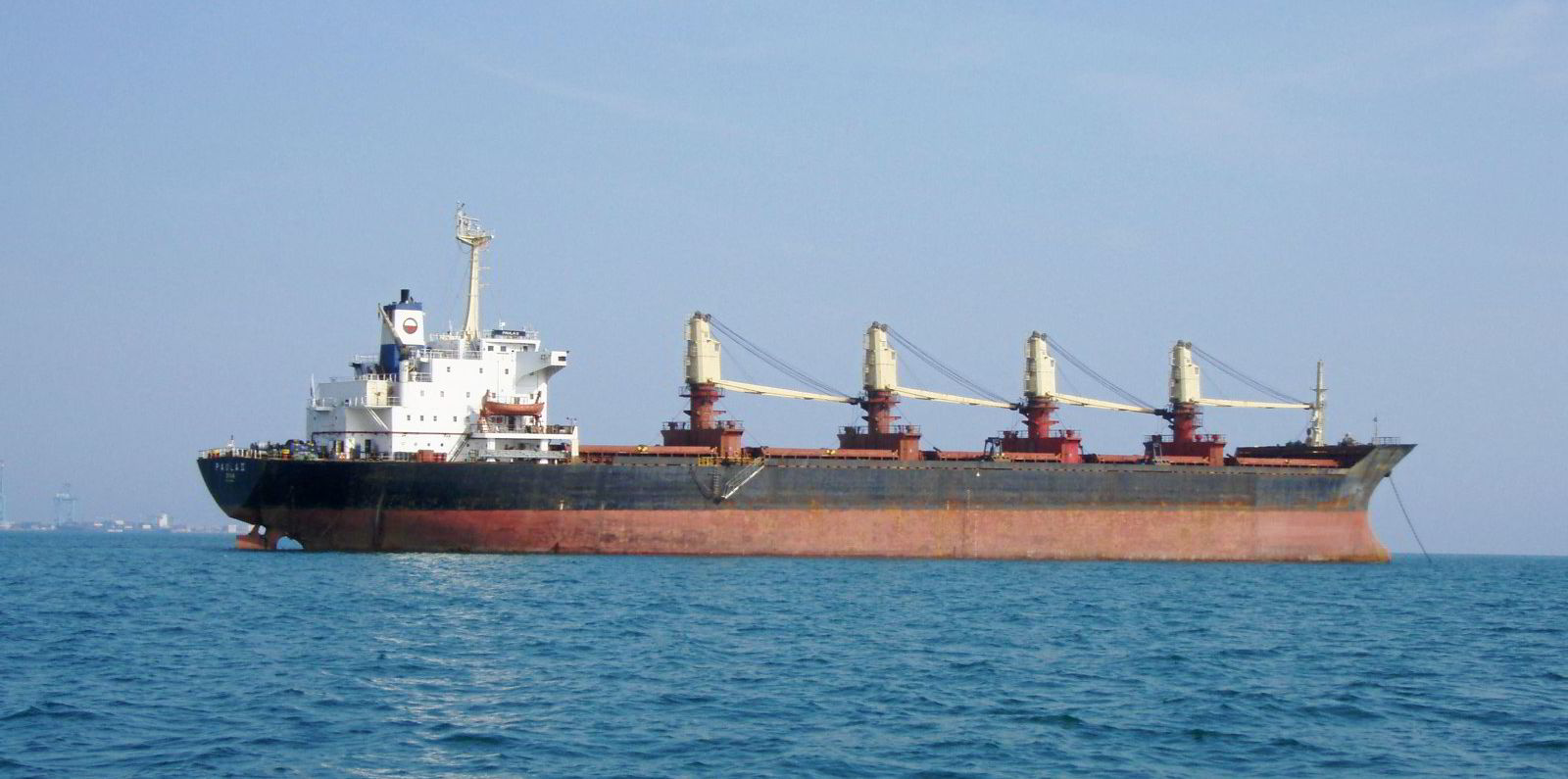Pressure on shipping to improve environmental, social and governance (ESG) performance could mean big changes ahead for traditional shipowners.
Global law firm Watson Farley & Williams (WFW) believes the industry could become more corporate and transparent as companies chase vital finance to decarbonise their vessels.
Shipowners could move away from flags of convenience and offshore tax regimes to onshore systems like tonnage tax, WFW added.
"Is the family business going to be able to continue?" WFW co-head of global maritime Lindsey Keeble asked during a webinar held to launch a new ESG survey of 545 shipping stakeholders.
She believes more consolidation is likely in the future.
Agility has been important
"I think shipping has been very agile over the years and having a small family-run business does give you that ability to be agile," Keeble said.
The lawyer added that aviation is seen as more corporate and, while not necessarily being a gold standard in terms of governance, it does have access to a broader range of finance.
But Keeble added that the majority of even the most conservative owners are at least engaging with ESG challenges.
"If we asked these questions five years ago, people would have said, 'what are you talking about? We're not going to change anything'," she said.
"There are signs that it's moving in the right direction."
WFW argues that shipping has largely stayed outside a huge shake-up of global tax since the 2008 financial crisis.
Operating structures and tax governance remain in place from decades ago.
However, the option to remain offshore could be removed by global moves to change tax regimes.
"But even if it isn't, the relative benefit of paying tax offshore may be eroded," the law firm warned.
Willing to change?
A total of 74% of owners quizzed in the survey said they would change their capital structure to gain ESG financing, even though half of these would be reluctant to do so.
Of the total, 40% would prefer to see their shareholdings diluted via the public markets.
But investment from private equity and charterers is also an option for 21% and 17% of respondents, respectively.
Asked about changing corporate structure in light of governance pressures, 61% of shipowners said no.
But another 29% were "maybes", indicating a willingness to change flag or offshore status in the next one to five years.
"The more traditional shipowners that wish to stay more opaque — they will find access to capital very difficult going forward," Paul Taylor, Societe General's global head of shipping and offshore, said in the report.
Inaction not an option
Star Bulk Carriers chief strategy officer Charis Plakantonaki said: "Inaction is no longer a viable or costless option."
Just under 70% of respondents want changes ensured by regulation or legislation, rather than voluntary measures devised by the shipping industry itself.

WFW maritime partner Simon Petch said this was more about wanting a level playing field, instead of hoping regulators would take a long time to enforce change.
"It costs a lot of money to burn cleaner fuel," he said. "The more money you put into this, the less competitive you are, unless the regulations require you to do it.
"Everybody needs to be on the same level in order to be able to compete."
WFW believes shipping has a first-move problem.
Keeble said she had been told by International Seaways chief executive Lois Zabrocky at a recent conference: "No one pays me a better charter rate for being a better citizen."
The lawyer added that smaller companies cannot afford to develop their own solutions.
Joint ventures needed
That is why 62% of owners are likely or very likely to form joint ventures to fund innovation in the next five years, the survey showed.
Of these, 35% would look first at allying themselves with other shipowners.
Keeble said shipping companies often share philosophies and have similar approaches to risk.
Banks, lessors and other sources of finance comprised 44% of respondents, with charterers making up 12%, and shipowners and operators the remaining 44%.
Almost half of those who answered were from Europe, the Middle East and Africa, just over one-third are from the Asia-Pacific region and the rest from the Americas.






